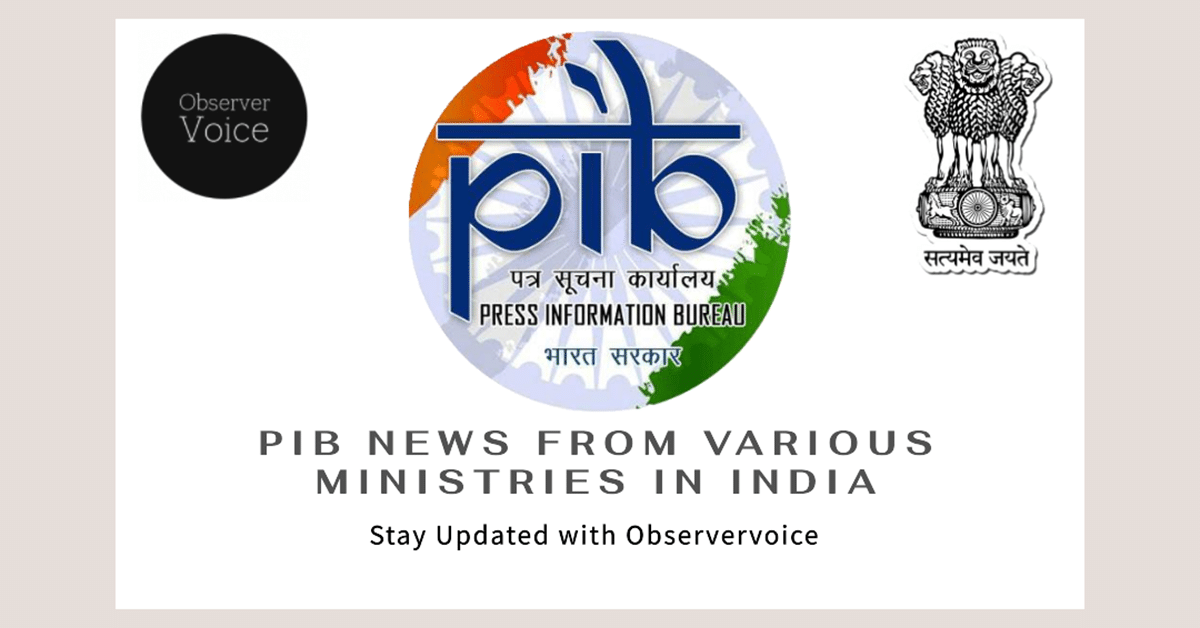The Importance of Health for Society’s Progress

In a recent address at the 64th convocation of the National Academy of Medical Sciences (NAMS) held at AIIMS Jodhpur, Vice-President Shri Jagdeep Dhankhar emphasized the critical link between individual health, productivity, and societal well-being. He articulated that health is not merely a personal asset but a cornerstone for the collective prosperity of society. His remarks highlighted the essential role of healthcare professionals in advocating for health beyond clinical care, urging them to become educators and public health advocates. This article delves into the key points raised by the Vice-President, exploring the significance of health in individual and societal contexts, the challenges facing the medical profession, and the call for preventive wellness education.
Health as a Foundation for Productivity
Vice-President Dhankhar made a compelling argument that good health is directly correlated with productivity. He stated, “If you are not healthy, your productivity will not be optimal.” This statement underscores the idea that a healthy individual is more capable of contributing effectively to society. When people are in good health, they can pursue their goals, support their families, and engage in community activities. Conversely, poor health can lead to dependency, where individuals may need assistance rather than being able to offer help.
The Vice-President’s assertion is particularly relevant in today’s fast-paced world, where stress and lifestyle diseases are on the rise. A healthy population is essential for a thriving economy. As India aspires to become one of the world’s largest economies by 2047, the need for a healthy workforce becomes even more pressing. The Vice-President’s call to action is clear: prioritize health to enhance productivity and, by extension, societal progress.
Challenges in the Medical Profession
During his address, Shri Dhankhar expressed concern over the commercialization and ethical dilution within the medical profession. He emphasized that healthcare should be viewed as a service rather than a business. Medical professionals are guardians of health, and their role extends beyond clinical care to include advocacy for public health. The Vice-President urged healthcare providers to engage in educational efforts, highlighting the need for a shift in focus from profit to patient welfare.
The challenges posed by commercialization can lead to a decline in the quality of care. When profit motives overshadow patient needs, the essence of healthcare as a noble profession is compromised. The Vice-President’s remarks serve as a reminder that ethical considerations must guide medical practices. He called for a collective effort to address these challenges, ensuring that healthcare remains a divine contribution to society rather than a commercial enterprise.
Advocating Preventive Wellness Education
In his address, Vice-President Dhankhar strongly advocated for preventive wellness education. He pointed out the risks associated with a digital lifestyle, particularly among the youth. With increasing screen time, issues such as drug abuse, depression, and mental stress have become prevalent. The Vice-President urged healthcare experts to educate families about these risks and promote healthy habits from an early age.
Preventive wellness education is crucial for fostering a healthy society. It empowers individuals to take charge of their health and make informed choices. By focusing on prevention, we can reduce the burden of diseases and enhance the overall quality of life. The Vice-President’s call to action is a reminder that healthcare professionals have a vital role in shaping public health policies and educating the community about the importance of a balanced lifestyle.
Conclusion: A Holistic Approach to Health
Vice-President Dhankhar’s address at the NAMS convocation highlighted the multifaceted nature of health. He emphasized that health is not merely the absence of illness but a state of holistic well-being. Drawing from ancient wisdom, he reminded the audience of the importance of harmony between mind, body, and spirit. This holistic approach is essential for individuals to contribute meaningfully to society.
As India moves towards its ambitious goal of becoming a developed nation by 2047, the focus on health must remain paramount. A healthy population is the backbone of a prosperous society. By addressing the challenges within the medical profession, advocating for preventive wellness education, and fostering a culture of health, we can pave the way for a brighter future for all.
Observer Voice is the one stop site for National, International news, Sports, Editor’s Choice, Art/culture contents, Quotes and much more. We also cover historical contents. Historical contents includes World History, Indian History, and what happened today. The website also covers Entertainment across the India and World.

